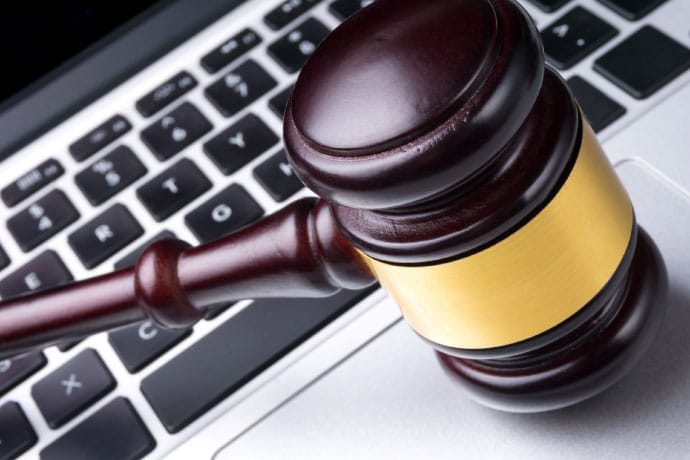Two major lawsuits that are being brought in the U.S. Supreme Court (Gonzalez v. Google and Twitter v. Taameneh) target Big Techs Google, Facebook and Twitter and could drastically upend the rules of the internet.
The cases seek to blame the platforms for recommending violent and recruiting content from the Islamic State, which would have taken directly encouraged its users to commit terrorist acts. Both perpetrators are relatives of the victims killed in attacks in France and Turkey, both of which are authored by the Islamic State.
It turns out that since 1996 (even before Google was created) the U.S. has legislation (known as “section 230” of the Communications Decency Act – CDA) that exempts, “protects platforms from culpability for posts, photos, and videos that people share.” Therefore, there would be no responsibility on the part of the platforms in monitoring the content made available by third parties.

The center of the family’s claims would be that Google and Twitter should have the means to prevent videos of violent and terrorist recruitment nature from circulating on their platforms and prevent the algorithm from recommending it.
Today digital platforms work mostly based on the algorithm recommendation system, offering content based on user personal preferences. The main point would be whether section 230 would also apply to the act of recommendation, in addition to hosting the contents. There is questioning about the impact of this decision on freedom of expression and on the entire current functioning of digital platforms.
The judge’s position is still unclear in determining whether there would be a direct link between the recommendations and the commission of the terrorist acts themselves, but the case is complex and promises a long discussion in the coming months.
It is worth remembering that in Marco Civil Law of the Internet in Brazil of the Internet has a similar position from CDA, determining that it is not the direct responsibility of the platforms filtered the contents, only when judicially determined.
Both are really important cases that, depending on the decision can drastically upend the rules of the internet worldwide.
—
Author: Ana Luiza Pires and Cesar Pedut Filho, Peduti Advogados.
Source: How two supreme court battles could reshape the rules of the internet
—
“If you want to learn more about this topic, contact the author or the managing partner, Dr. Cesar Peduti Filho.”
“Se quiser saber mais sobre este tema, contate o autor ou o Dr. Cesar Peduti Filho.”



